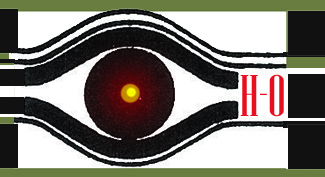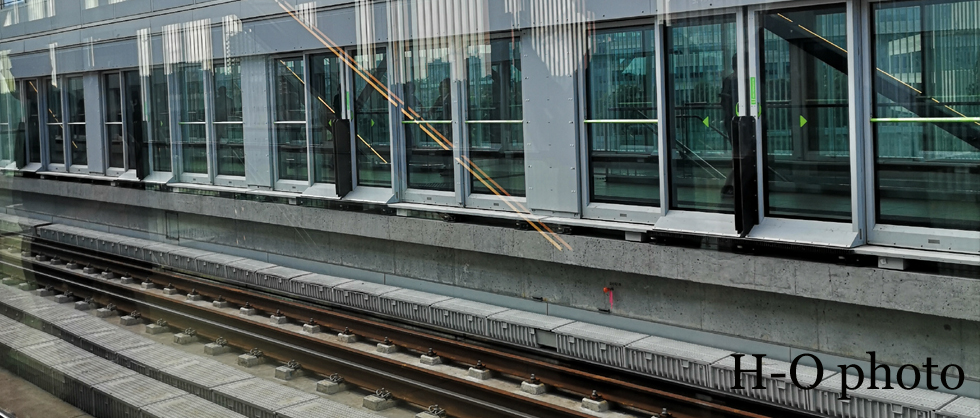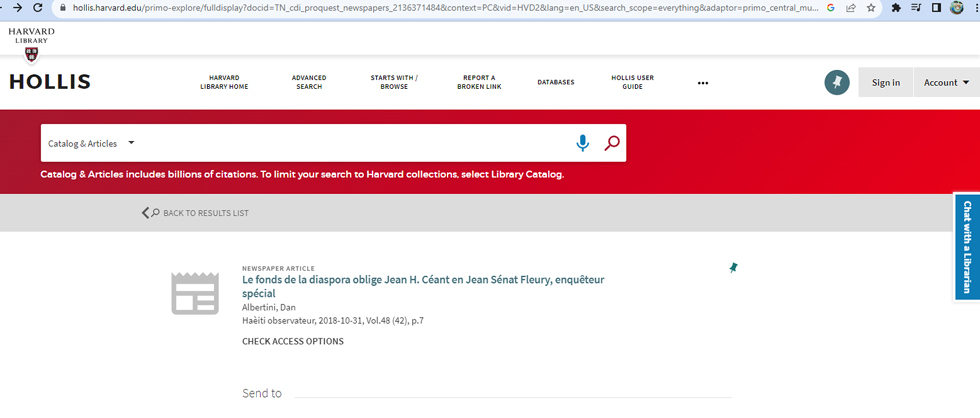EDITORIAL by Editor
- The Moïse regime in Haiti is a delinquent State in the Hemisphere
Since Jovenel Moïse was sworn in as president of the Republic while under indictment for money laundering, astute observers began to sound the alarm. They thought that having risen to the highest office of the State without any institution intervening to stand in his way meant that the country was on a slippery slope. However, no one would have imagined that, far from repressing the crimes attributed to the Head of State, the country would experience more criminal acts among top officials of the administration. So much so, that today, seven years after the Bald-Headed teams took power, Haiti looks like a failed State.
Considering the many reprehensible acts committed in the country since February 7, 2017, one can conclude that Michel Martelly’s successor has set himself the task of institutionalizing crime. Regularly, the President himself perpetrate crimes with impunity. Members of his government and parliamentarians linked to the presidential party do the same. Thus, crime has become the new normal. This explains why Jovenel Moĭse attracts to his administration people with a shady past or who have a history of illegal activities. It also explains why he is in tune with the underworld and why he ends up as protector and patron of armed gangs and criminals. Thanks to him, criminal elements are sheltered by the government, while they sow terror and grief among families. They’re not only protected, but they’re provided weapons, ammunition and money. Understandably, high officials involved in crime operate without concern that justice will catch up with them.
Indeed, since Michel Martelly assumed power and more yet under Jovenel Moïse, Senators and Deputies (Congress people) have been associated with illicit activities, such as drug trafficking, arms and ammunition smuggling, as well as kidnapping for ransom. However, it is in the realm of kidnapping that the most spectacular scandal occurred last week. A Senator of the ruling PHTK party, close to President Moïse, was stopped by a police patrol that had his vehicle on watch. Within two weeks, it had been identified in nine kidnappings for ransom.
Senator Kedlaire Augustin was at the wheel of the vehicle which had been on police watch. He attempted to flee, but blocked by the officers, he was forced to stop. He was taken into custody, without ever identifying himself. Later he will say that he was mistreated by the police officers before he was taken to the nearest police precinct, where he finally said who he was. Taken home by police officers, he waited more than 18 hours before reporting the incident.
Currently, the greatest confusion surrounds the incident, with supporters of the Senator stating that he was abused by PNH agents, while the latter persist in saying that the vehicle intercepted was indeed the one that had been put under surveillance.
Kedlaire Augustin is not the first Senator to be associated with kidnapping for ransom. Gracia Delva, another PHTK Senator close to President Moĭse, was also identified last year as being behind the kidnapping of a business person whose family had to pay tens of thousands of US dollars to obtain his release.
In early December 2019, Judith Exavier, concubine of Senator Rony Célestin, was intercepted at the Malpasse border town with the Dominican Republic on her way to Port-au-Prince, driving a vehicle wanted for being involved in drug trafficking. Mind you, she was then in charge of the Haiti Consulate General in Santiago, Dominican Republic.
In addition to these Senators, senior public officials close to the presidency have been identified as being behind several killings in the Port-au-Prince poorer neighborhoods of La Saline, Carrefour-Feuilles, Bel-Air and elsewhere. According to reports from human rights organizations, more than 90 people were massacred, including young children, in the carnage denounced as “State massacres,” for having been perpetrated by men in the pay of representatives of the President of the Republic.
Moreover, in recent months, gang leaders close to Senators and Deputies have been paid by the Presidency, which also provides them with arms and ammunition via some legislators. Arrested by the police, they never face justice. Parked comfortably in prison, they wait patiently. When all is forgotten, the authorities surreptitiously release them. In addition, they go freely about their business, benefitting from the impunity they enjoy, thanks to the Presidency. Despite denunciation of those killings by the UN Commission on Human Rights and other international human rights organizations, the Haitian leaders have done nothing to bring to justice the perpetrators of those horrendous crimes and provide some form of closure to the relatives of the victims.
There’s more yet. Members of the Lower House of Parliament, whose terms expired, last January, including the president, Gary Bodeau, have been denounced of embezzling millions of gourdes, the local currency, from the institution. But they go about, showing no concern. The same is true of the former quaestor, the officer in charge of the Senate’s finance, Senator Onondieu Louis, who had turned the Senate’s coffers into his piggy bank.
Under the leadership of President Moĭse, the socio-political culture of public administration has indeed changed. The patriotic spirit has disappeared, making way for mercenaries and criminals of all kinds. Obviously, the vocation of Parliament has changed completely. Mean- while, the judicial system is under the control of the Head of State, who misuses it in defense of his family and his close associates.
Transformed into a delinquent State by Jovenel Moïse and his team, Haiti represents an immense danger for its citizens, who risk experiencing worse situations yet than those they have endured to date. Neighboring countries and diplomatic allies, becoming accomplices, are bound to experience what a rogue regime is like. Truly, the Haitian people have reached the limit of their patience. A new mobilization should be on the agenda.
Cet article est publié par l’édition de l’hebdomadaire Haïti-Observateur du 18 mars 2020 VOL. L No. 10, et se trouve en P. 11 à : http://haiti-observateur.ca/wp-content/uploads/2020/03/H-O-18-March-2020-1.pdf










